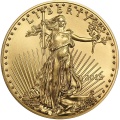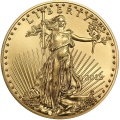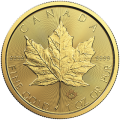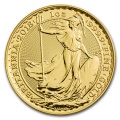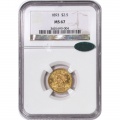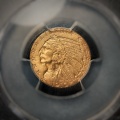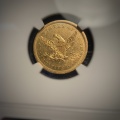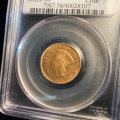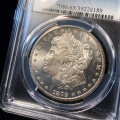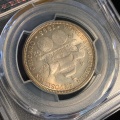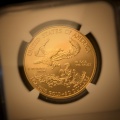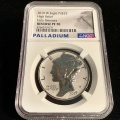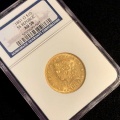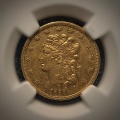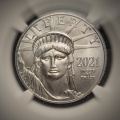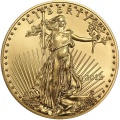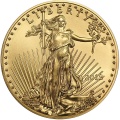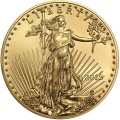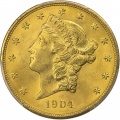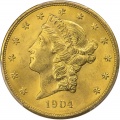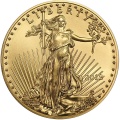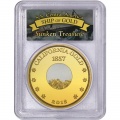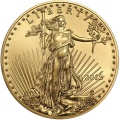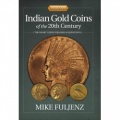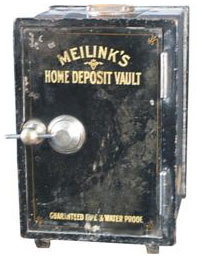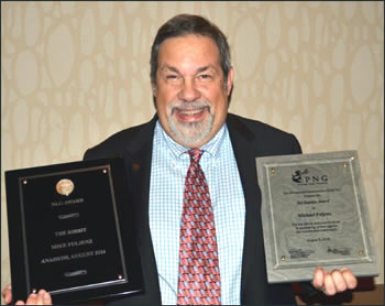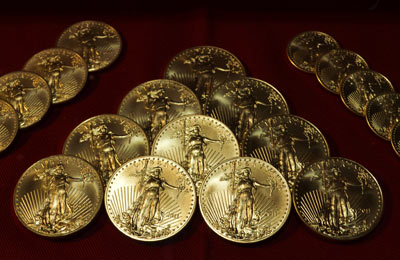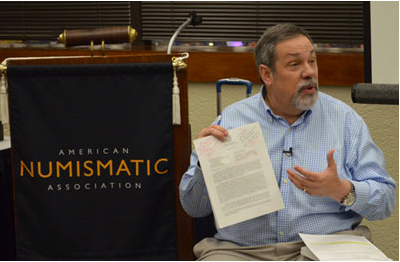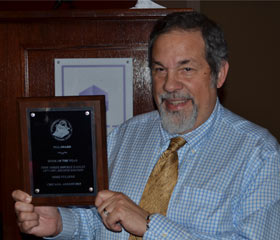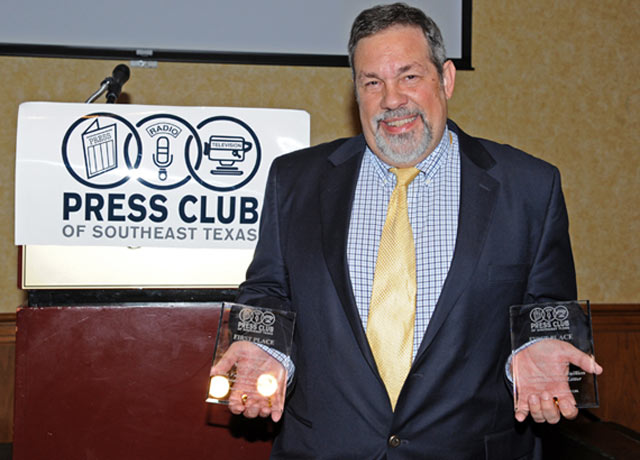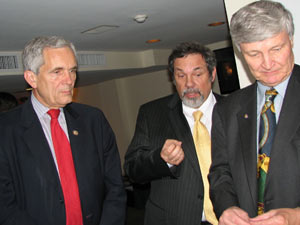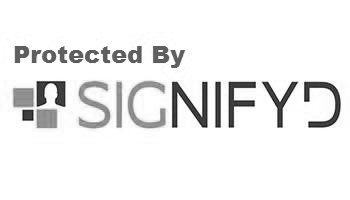June 2022 - Week 3 Edition
Stocks Continue Dropping in Big Numbers
Gold is down but stocks are down further, hitting new 52-week lows on all major stock indexes, with the S&P 500 reaching “bear market” territory – 20% off its most recent high, set January 3, 2022. After reaching a five-week high on Friday, due to a rapidly rising Consumer Price Index (CPI), gold fell over $30 Monday morning due to a surging dollar and rising 10-year Treasury bond yields, reaching 3.48%, a 10-year high. The U.S. Dollar Index (DXY) is up 10.4% so far this year and is near a 20-year high. Since the euro still offers negative yield, investors are surging into the dollar. This pushes gold down in dollar terms, but gold is up in euro terms, as bitcoins are down sharply, from $47,000 in March to $21,000 now.
The CPI for May rose 1%, and +8.6% for the last 12 months, the highest annual CPI gain since 1981, with food and energy prices up double digits. Food prices rose 10.1% in the past year and 1.2% in May alone. energy prices rose 3.9% in May and 34.6% over the past 12 months, led by fuel oil, up 16.9% in May and 106.7% in the past 12 months. Gasoline rose 4.5% in May and 50.1% in the past 12 months.
On Tuesday morning, the May Producer Price Index (PPI) was released at an even higher 12-month rate of 10.8%, signifying higher consumer prices to come. As a result of these high inflation readings, on Wednesday the Federal Open Market Committee announced it would raise the key Fed funds rate by 0.75% (not the usual 0.50%), while reducing its “balance sheet” (money supply) in a belated effort to fight the high inflation they caused – and then called “transitory” and then “manageable” last year.
Honored to Receive Prestigious Award for an Anti-Fraud, Anti-Counterfeit Column
Two weeks ago, on June 3, I was awarded 1st place honors from the Press Club of Southeast Texas for a column I wrote in 2021, entitled “China Continues to Profit from Counterfeit Culture that Jeopardizes Safety and Economy.” I share this honor with my “Team Mike” staff, who helped provide much of the research.
Anti-counterfeiting has been a long-time specialty of mine. For almost 20 years, I taught at national grading and counterfeit detection seminars for the American Numismatic Association (ANA) and in 2021 named the ANA Dealer of the Year. I have also received the Al Kreuzer Award from the National Coin and Bullion Association and the Sol Kaplan Award from the Professional Numismatists Guild for my efforts to stop counterfeit coin sales. I say this only for the purpose of establishing my credentials for the quality of our service. You should only buy precious metals from dealers who have been recognized as experts by their peers, so that you know they have the expertise to spot and reject counterfeit coin offers.
- Part 2 of my award-winning article is below. (cont. from June 7)
China Continues to Profit from Counterfeit Culture that Jeopardizes Safety and Economy
I taught counterfeit detection courses for the American Numismatic Association and served on the National Anti-Counterfeiting Task Force. My associate, an award-winning investigative reporter, ordered numerous coins and bars from the Wish platform over the past two years. Thankfully, they were very cheap, but they were all obvious fakes from Chinese vendors, and all were delivered by the U.S. Postal Service.
Out of many test orders, here are several examples.
There was a “Credit Suisse 1-ounce Gold Bar” costing $2, plus $3 shipping. It would have been worth $1,500 when he ordered it and nearly $1,900 today, but it’s essentially worthless because it was fake. He also ordered an 1899 “Queen Morgan Silver Dolar” (sic)—that would have graded XF (Extra Fine) and been worth $140—for just $3.89 shipping. The counterfeit coin was listed at no charge. Then he ordered a gold coin that would have been worth $10 million if it were genuine—a 1933 St. Gaudens Double Eagle—but it sold for $1.83, plus $2 shipping, so you can’t fault them for greed.
They chose some extremely valuable coins and sold the knockoffs for a ridiculously low price. But none of these fake coins had the word “COPY” stamped on them, as is required by the updated 2014 U.S. Hobby Protection Law for counterfeits.
On March 2, 2020, H.R.6058 (dubbed the “Shop Safe Act of 2020”) was introduced in the House of Representatives. It would amend the “Trademark Act of 1946” to give certain e-commerce platforms contributory liability when counterfeits are sold that pose a health risk to consumers. The key phrase is “health risk,” which seems to shut coins and some other important products out of the equation, even though some fake coins and precious metals coming from China contain traces of cyanide, which could pose a significant health risk.
Counterfeit products can rob Americans of their life savings, which is an indirect health risk, or can cause machinery to malfunction at high speed, which can cause sudden death. The Federal Aviation Administration estimates that 520,000 counterfeit or unapproved parts are installed in aircraft each year, and U.S. military aircraft are reportedly “riddled with counterfeit parts,” around 70 percent of which come from China.
Beyond that, however, I believe it should cover all counterfeit products, which are almost unbelievably common. Last year, the Canadian Broadcasting Corp. (CBC) bought a random sample of dozens of products from common online platforms such as Wish, AliExpress, Amazon, eBay, and Walmart.
They found counterfeits on all of these platforms, and over half of the products they bought were fake.
Some of the health dangers included alarming amounts of heavy metals in health and beauty products. One lipstick had 751 times the amount of lead that Health Canada considered acceptable for cosmetics. As scientists have shown, lead affects a person’s cognitive ability, and it’s especially dangerous for children.
Experts interviewed by the CBC were concerned not just about the health issues related to counterfeiting.
“All of that money is used illegitimately to support other criminal activity,” Lorrie Turner, legal counsel and senior vice president of brand protection for headwear brand New Era Cap Co., told the CBC. “While you may think it’s just an individual trying to earn money, ultimately all of that money goes toward nefarious things.”
Interpol states on its website that “there is a clear link between illicit trade and other types of crime, such as human trafficking, drug trafficking, corruption, bribery and money laundering.”
For our purposes, leaders in the numismatic community will work hard to see that this bill is modified and reintroduced in 2021 so that it would cover counterfeit coins, most of which are made and delivered from China. Specifically, we would like to see it contain a reference to the Hobby Protection Act, as amended in 2014, to cover counterfeit coins.
Important Disclosure Notification: All statements, opinions, pricing, and ideas herein are believed to be reliable, truthful and accurate to the best of the Publisher's knowledge at this time. They are not guaranteed in any way by anybody and are subject to change over time. The Publisher disclaims and is not liable for any claims or losses which may be incurred by third parties while relying on information published herein. Individuals should not look at this publication as giving finance or investment advice or information for their individual suitability. All readers are advised to independently verify all representations made herein or by its representatives for your individual suitability before making your investment or collecting decisions. Arbitration: This company strives to handle customer complaint issues directly with customer in an expeditious manner. In the event an amicable resolution cannot be reached, you agree to accept binding arbitration. Any dispute, controversy, claim or disagreement arising out of or relating to transactions between you and this company shall be resolved by binding arbitration pursuant to the Federal Arbitration Act and conducted in Beaumont, Jefferson County, Texas. It is understood that the parties waive any right to a jury trial. Judgment upon the award rendered by the Arbitrator may be entered in any court having jurisdiction thereof. Reproduction or quotation of this newsletter is prohibited without written permission of the Publisher.


